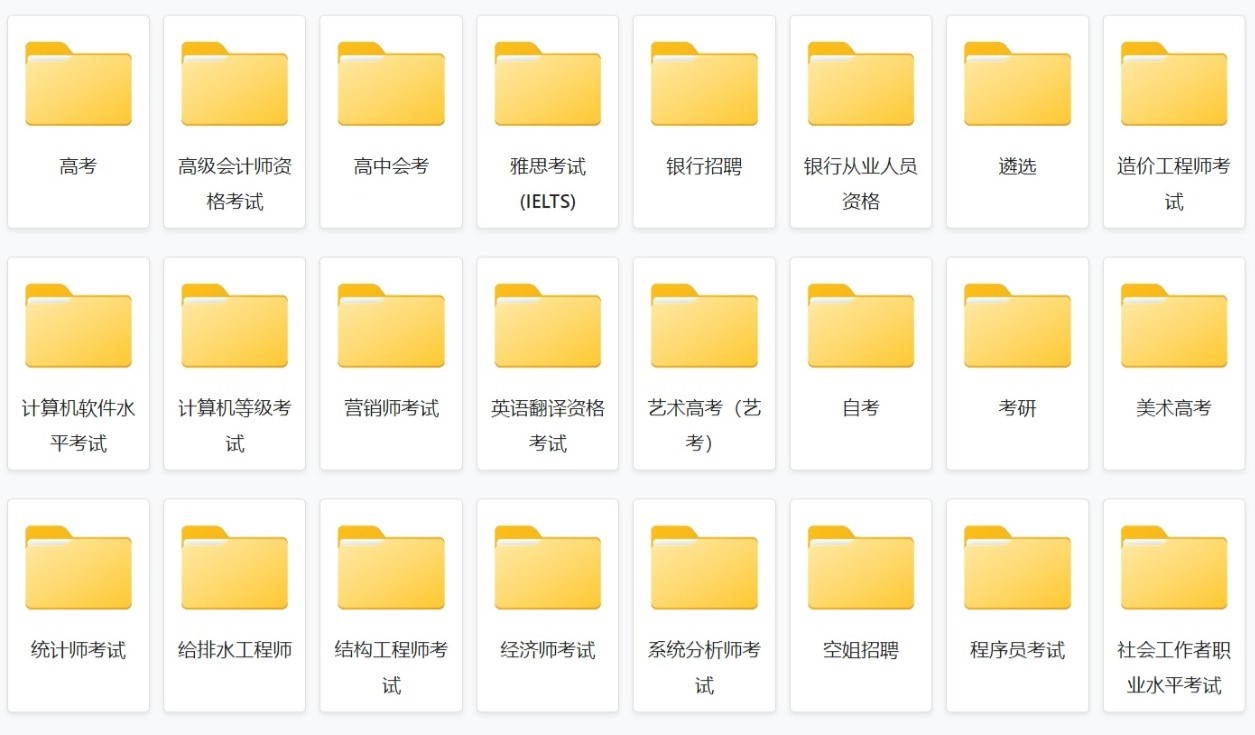Passage 2
That everyone's too busy these days is a cliche.But one specific complaint is made especially mournfully: There's never any time to read.
What makes the problemthornier is that the usual time-management techniques don't seem sufficient. The web's full of articlesoffering tips on making time to read: "Give up T"' or "Carry a bookwith you at all times." But in my experience, using such methods to freeup the odd 30 minutes doesn't work. Sit down to read and the flywheel of work-relatedthoughts keeps spinning-or else you're so exhausted that a challenging book'sthe last thing you need. The modern mind, Tim Parks, a novelist and critic,writes," is overwhelmingly inclined toward communication ... It is not simplythat one is interrupted: it is that one is actually inclined tointerruption." Deep reading re-quires not just time, but a special kind oftime which can't be obtained merely by becoming more
efficient.
Infact, "becoming more efficient" is part of the problem. Thinking oftime as a resource to be maximised means you approach it instrumentally, judgingany given moment as well spent only in so far as it advances progress towardsome goal. Immersive reading, by contrast, depends on being will-ing to riskinefficiency, goallessness, even time-wasting. Try to slot it in as a to-do list item and you 'll manage only goal-focused reading-useful,sometimes but not the most fulfilling kind. "The future
comes at us like empty bottles along an unstoppable and nearlyinfinite conveyor belt," writes Gary Eberle inhis book Sacred Time, and "we feela pressure to fill these different-sized bottles(days, hours, minutes)as theypass, for if they get by without being filled, we will have wasted them."No mind-set could be worse for losing yourself in a book.
So what does work? Perhaps surprisingly,scheduling regular times for reading. You'd think this might fuel theefficiency mind-set, but in fact, Eberle notes, such ritualistic behavior helpsus "step outside time's flow" into "soul time." You couldlimit distractions by reading only physical books, or on single-purposee-readers."Carry a book with you at all times" can actually work,too-providing you dip in often enough, so that reading becomes the defaultstate from which you tem-porarily surface to take care of business, beforedropping back down. On a really good day, it no longer feels as if you're "making time to read", but justreading, and making time for everything else.
The usual time-management techniques don't work because_______.

